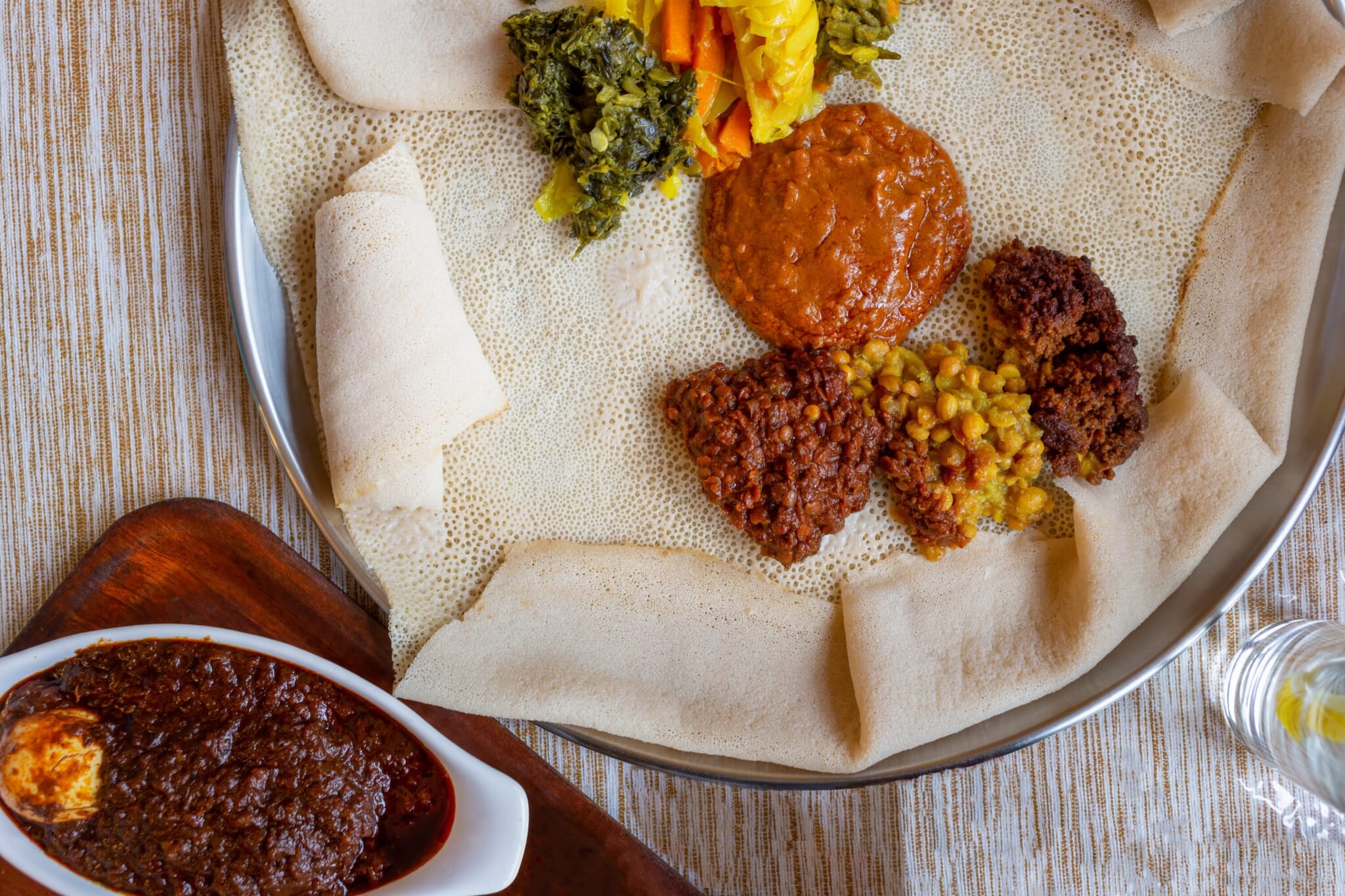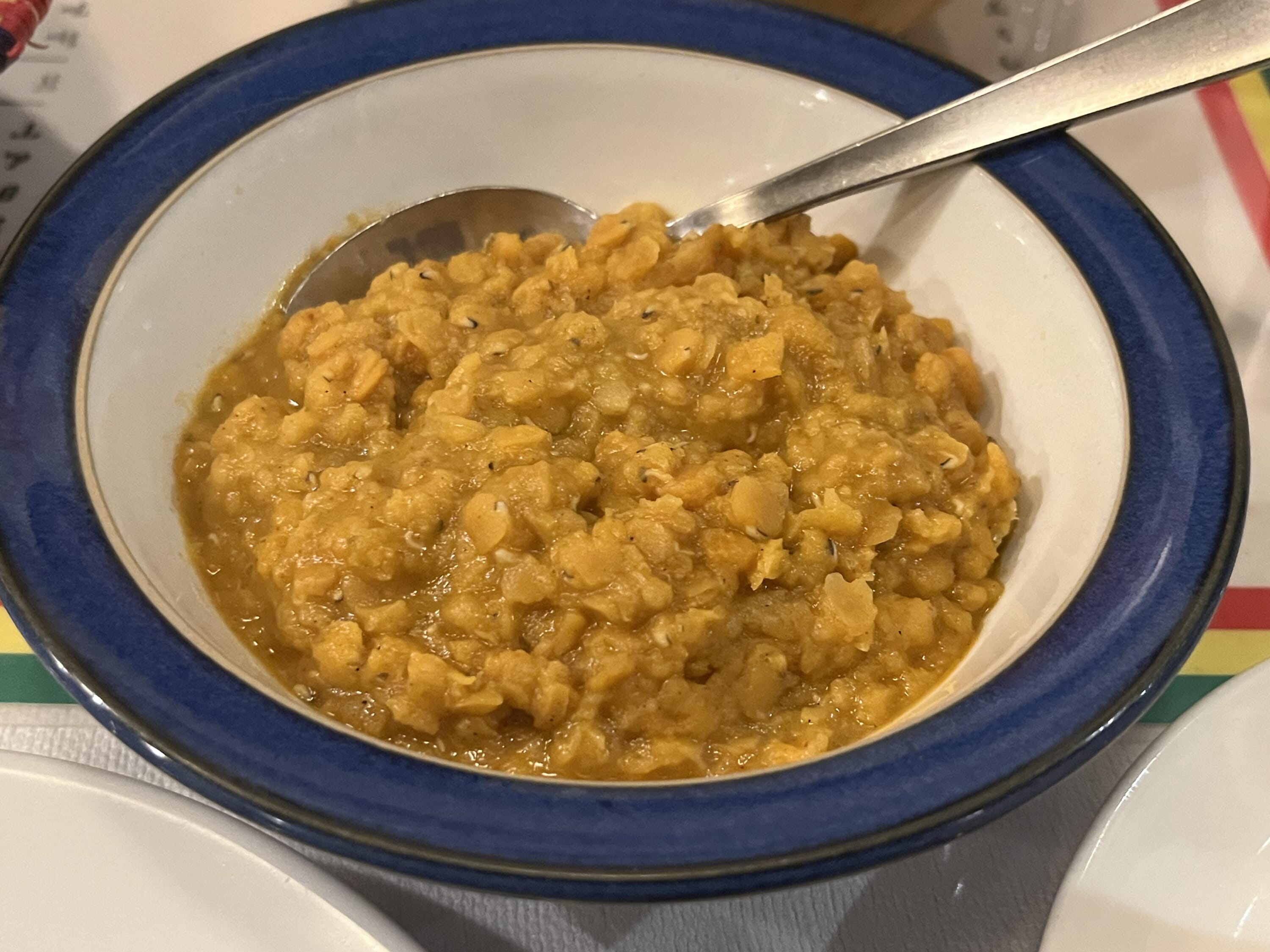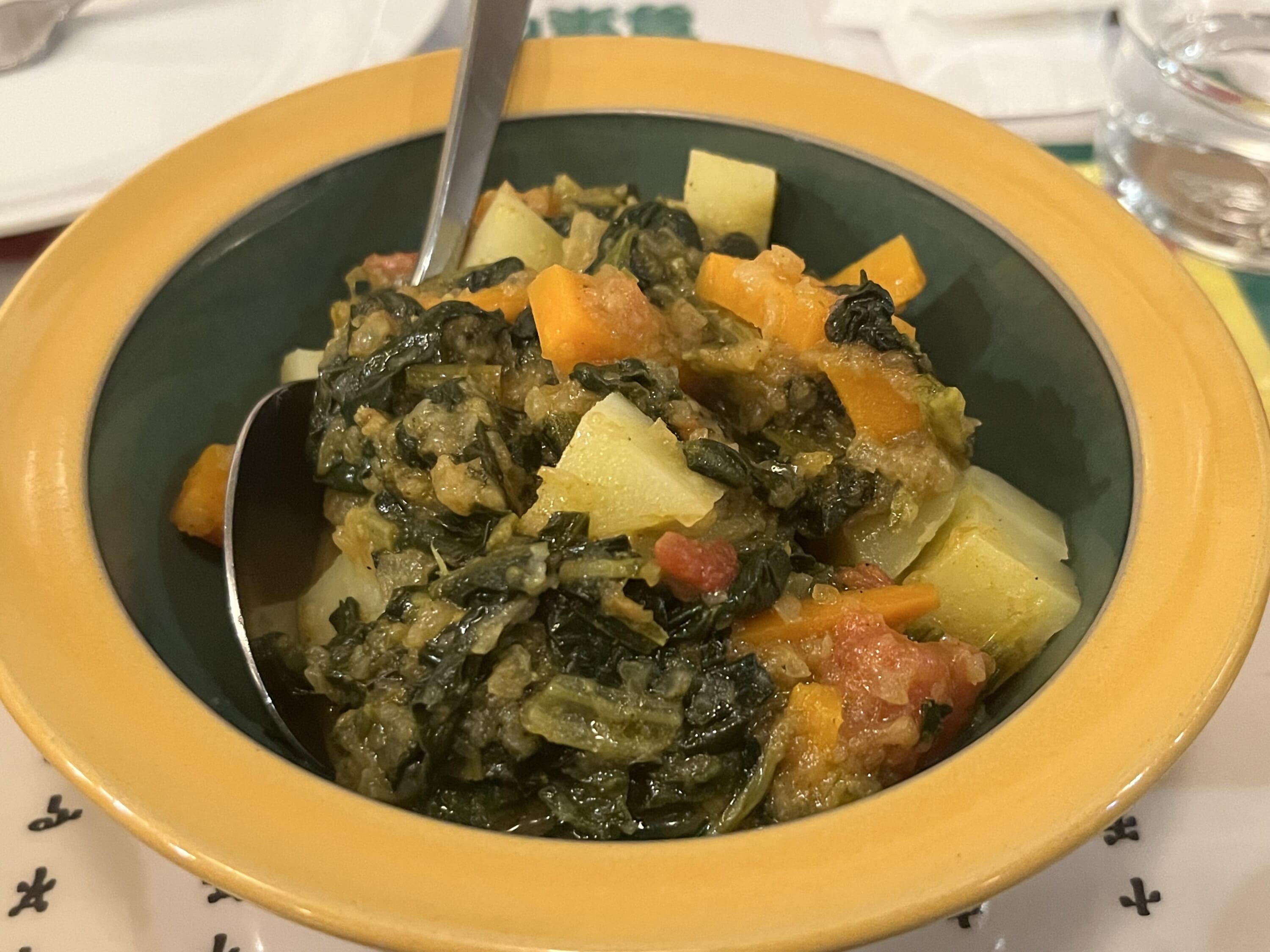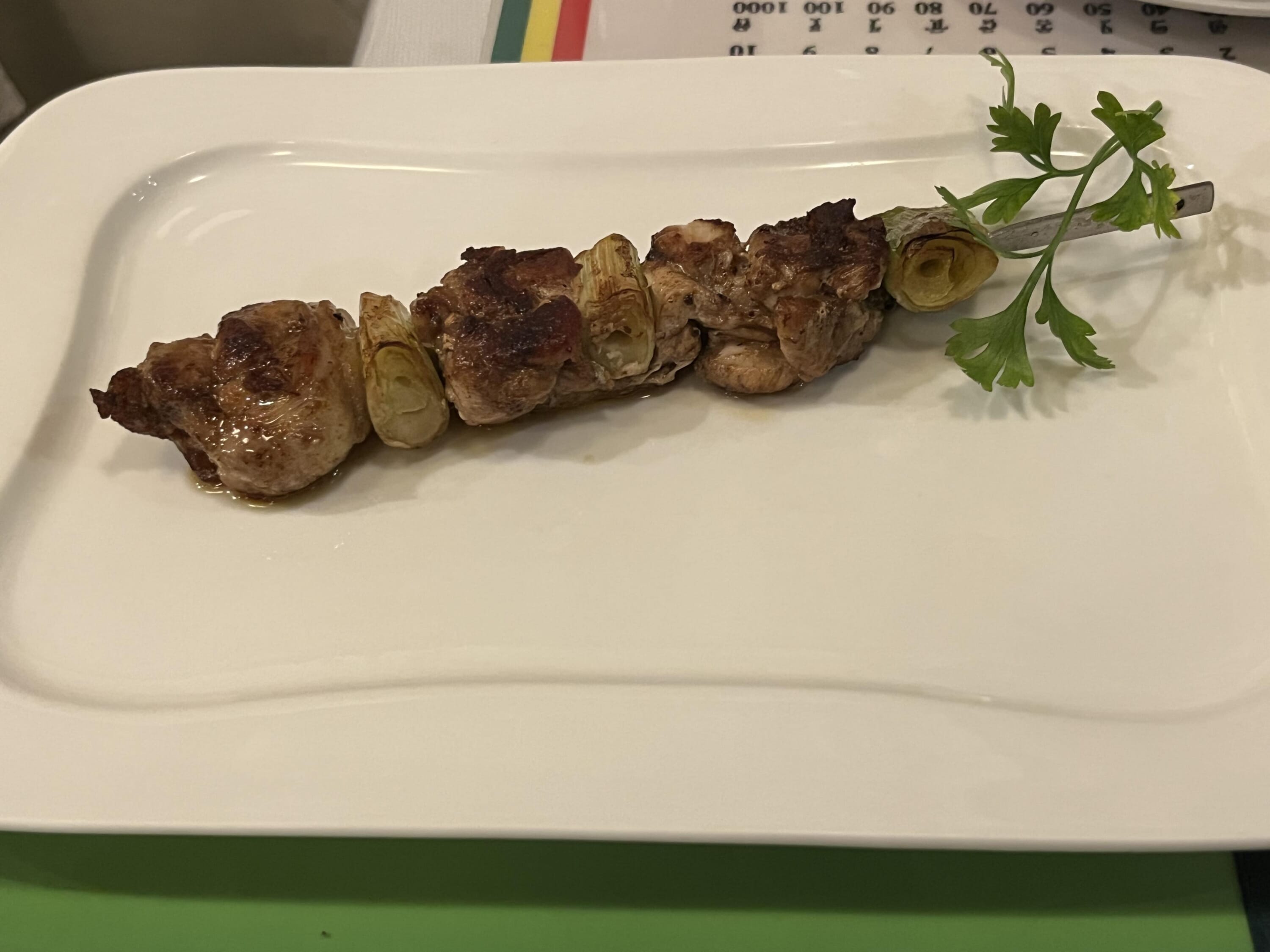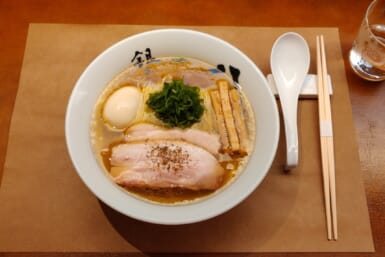In the annals of the Bible, Queen Sheba was renowned for presenting gifts of wealth and splendor to King Solomon. Thousands of years on, her namesake lies tucked away in one of the world’s busiest cities. The Queen Sheba restaurant serves authentic Ethiopian food in Tokyo and the man behind it has a very appropriate name: Solomon.
Despite this, it’s hard to see Queen Sheba as anything but a labor of love. Hidden away under a corner of Nakameguro’s main street, walking down the steps feels like leaving Tokyo at the threshold. The walls and ceiling are adorned with African instruments and traditional artwork, while Solomon chooses African music he adores to set the ambiance. The soft lighting and cozy interior give the restaurant a homey, welcoming atmosphere.
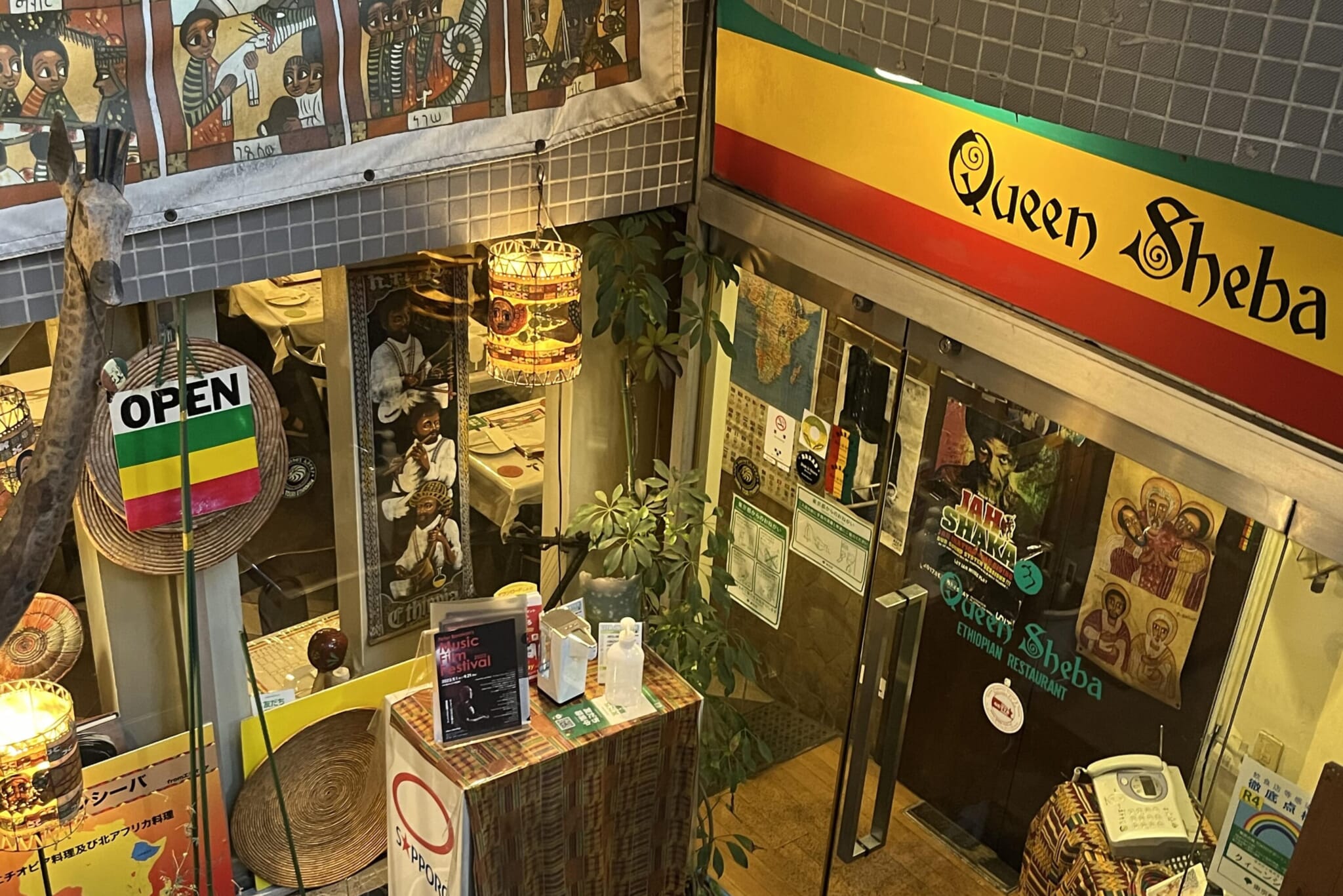
“Well, that was the idea,” says Solomon. “When we opened Queen Sheba in 1990, it was for the local Ethiopian residents who wanted a taste of home. Those were most of our customers at first. But Japanese visitors did occasionally stop by, and a lot of them were curious about the idea of Ethiopian cuisine and culture.
“There were a lot of negative stereotypes at first,” he continues somberly. “People would talk about famines, droughts or poverty. They thought that was all Ethiopia was about. That’s what really pushed me into opening the restaurant. It frustrated me how openly people were being negative about Ethiopia in their curiosity. I wanted to fight back against that image and show people what my culture was really about.”
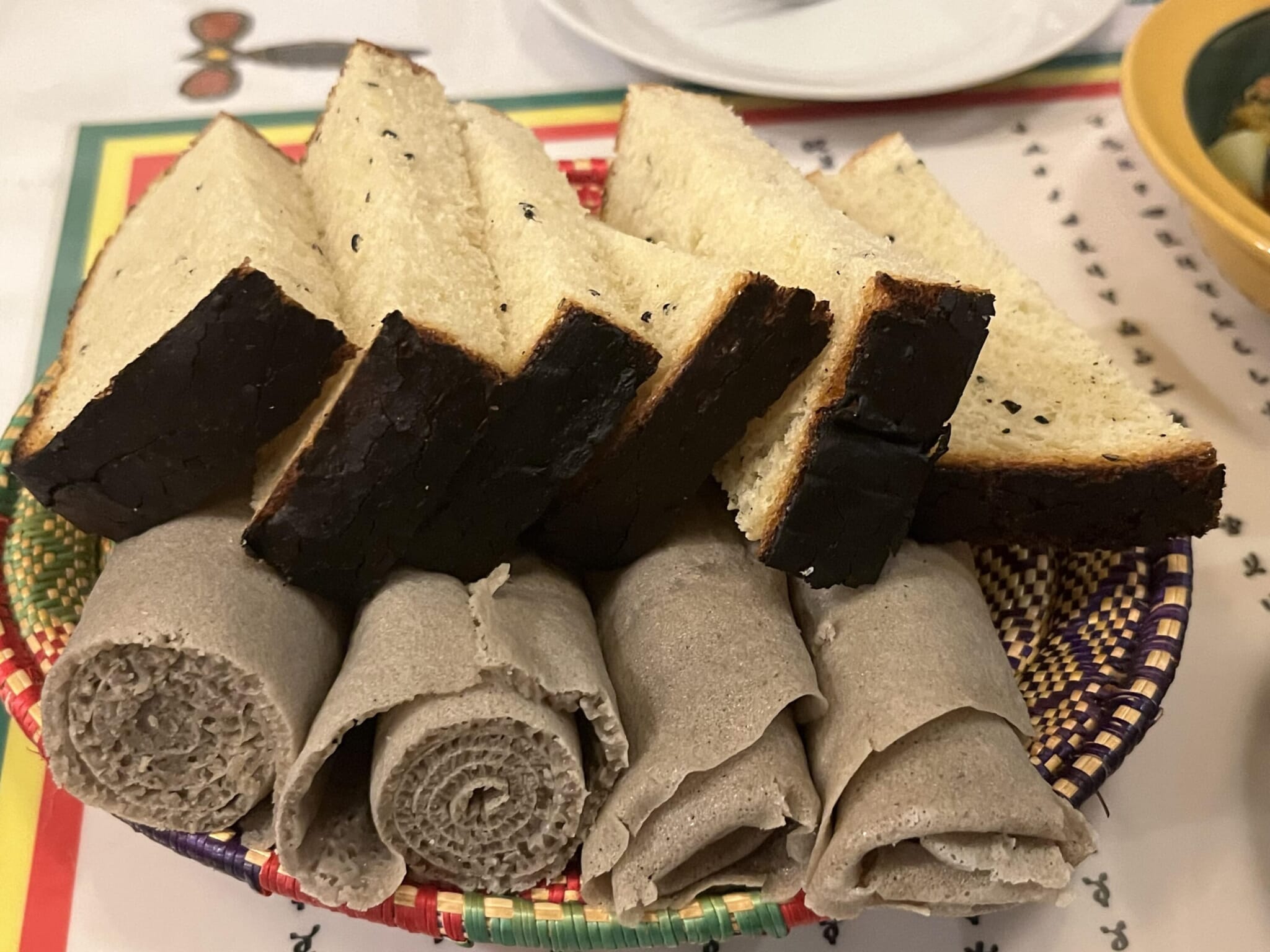
Culinary Treasures of Ethiopia
Queen Sheba’s menu does not disappoint in showcasing the extent of Ethiopian culinary diversity. The proprietor tells me that many of his customers enjoy the goat and lamb curry, two meats that are not so common in the Japanese diet. Curries range from the fiery red pepper and chicken stew called Doro Wot, to milder, vegetarian lentil dishes such as Misir Wot. Stews and curries are a hallmark of Ethiopian cuisine, and the intense, spicy flavors offer the earthy and comforting notes of nostalgic home-cooked meals.
When asked for his personal favorite, Solomon gestures to a piece of art on the wall, showing a communal dining scene. In the bottom right corner, a plate is covered in injera, a soft, sour and fermented flatbread. It is further topped with a mix of different curries. Several people are reaching in to take various curries at the same time.
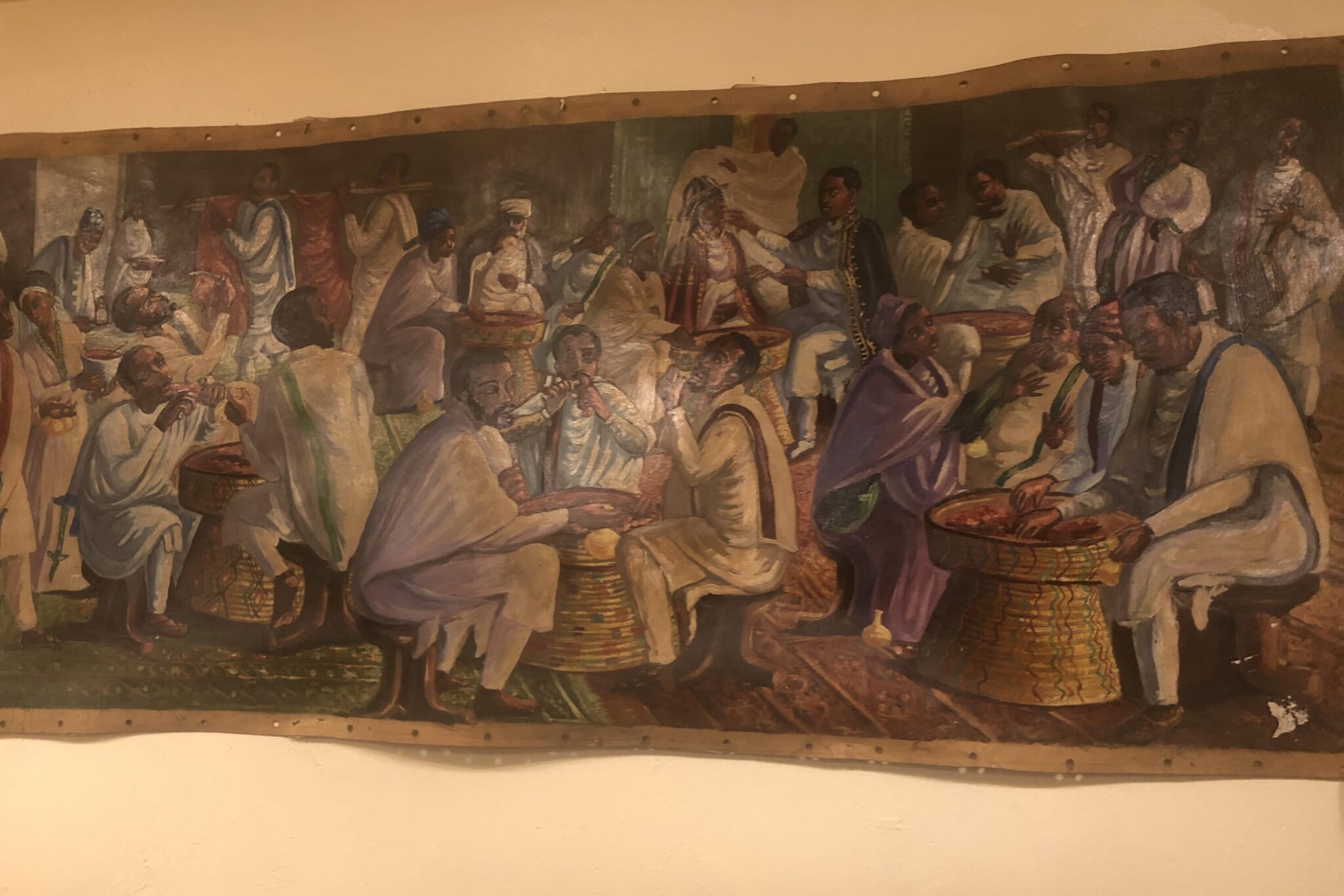
A Little Taste of Everything
“I don’t really have one favorite,” he explains. “I like variety. A little bit of everything is best for your health and a good eating experience. You want to be able to try as many different things as you can. And that’s how we’re used to eating back in Ethiopia. We share. We have a little taste of everything.”
He opens up a menu and shows me the recommended course. Listed on it are a mix of different stews and curries, arrayed neatly in a circle of injera. The photo of the dish looks almost identical to the painting on the wall.
“When people come for the first time and they don’t really know anything about Ethiopian food, this is what I always recommend,” he says. “Especially for groups, there’s always something for everyone. Some people love the injera, others find they really like one of the curries. But it all starts wirh the variety, and above all, the authenticity.
Authenticity Above All
Everything in Queen Sheba, from the food to the ambiance, to even the social events hosted there, is designed to be as authentic to Ethiopian tradition as possible.
“I want my restaurant to be authentic, and I’m not sacrificing my culture and cuisine to please other people. It feels like a lot of restaurants serving foreign food will tweak their menus to appeal to the Japanese palate, but I think that loses something — almost like its soul. It was difficult at first,” Solomon says with a sudden laugh. “In fact, that’s what some people used to call me: difficult. Because I would push back against those stereotypes and didn’t want to move away from my ideas of being authentic.”
He then gestures to the room around him. Slowly, it is filling with patrons. A few foreign, but mostly Japanese.
“Things started to change over time,” he says, “Part of it was the world changing, becoming more interconnected, but I think there was an attitude shift too. Nowadays, customers love authenticity. And the negative stereotypes are disappearing. People want to know more about Ethiopia. I get customers who have heard about this ‘authentic Ethiopian food’ from their friends or coworkers.”
Experiencing Something New
As he says this, a plate of Tameya, a fried falafel dish, is placed on the table. Originating around Egypt and Ethiopia, it’s one of the most popular appetizers that Queen Sheba offers. Solomon tells me they’re made the same way they were years prior.
“That’s the most important thing,” he continues, “That’s what I want the restaurant to be. This is a cultural area where people can be exposed to new ideas and a new culture. If people leave feeling like they’ve experienced something new and unique, I’m happy.”
Explore more international cuisines in Tokyo:

